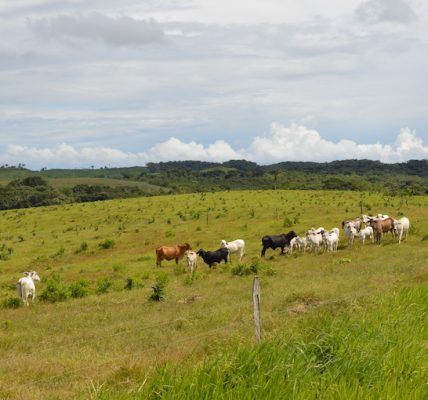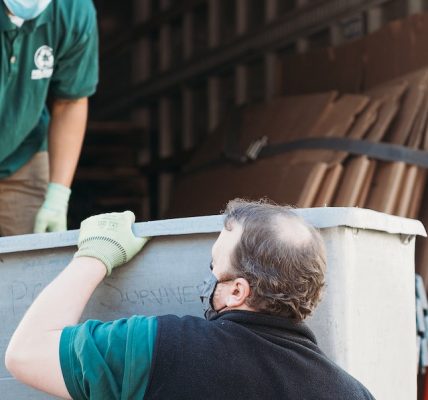The current economic model, based on take-make-dispose, is contributing to resource depletion and climate change impacts.
The “circular economy” proposes a shift towards reduce, reuse, recycle, and regenerate principles to be more resource-efficient and environmentally friendly. This approach aims to keep products and materials in use for longer through innovative business models and strategies like recycling, extending product life, and minimizing waste.
Implementing circular economy practices can lead to significant economic benefits and help address environmental challenges. Industries can optimize resources, reduce carbon emissions, and create more efficient supply chains, while vulnerable populations like waste pickers can also find opportunities within this model.
In his column at NTN24, Alexis L. Leroy, ALLCOT’s Founder & CEO, underlines the importance of “understanding that there is no waste, but resources that are transformed into other products or energy”.





